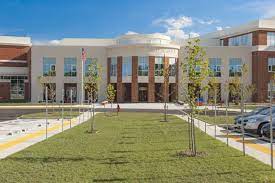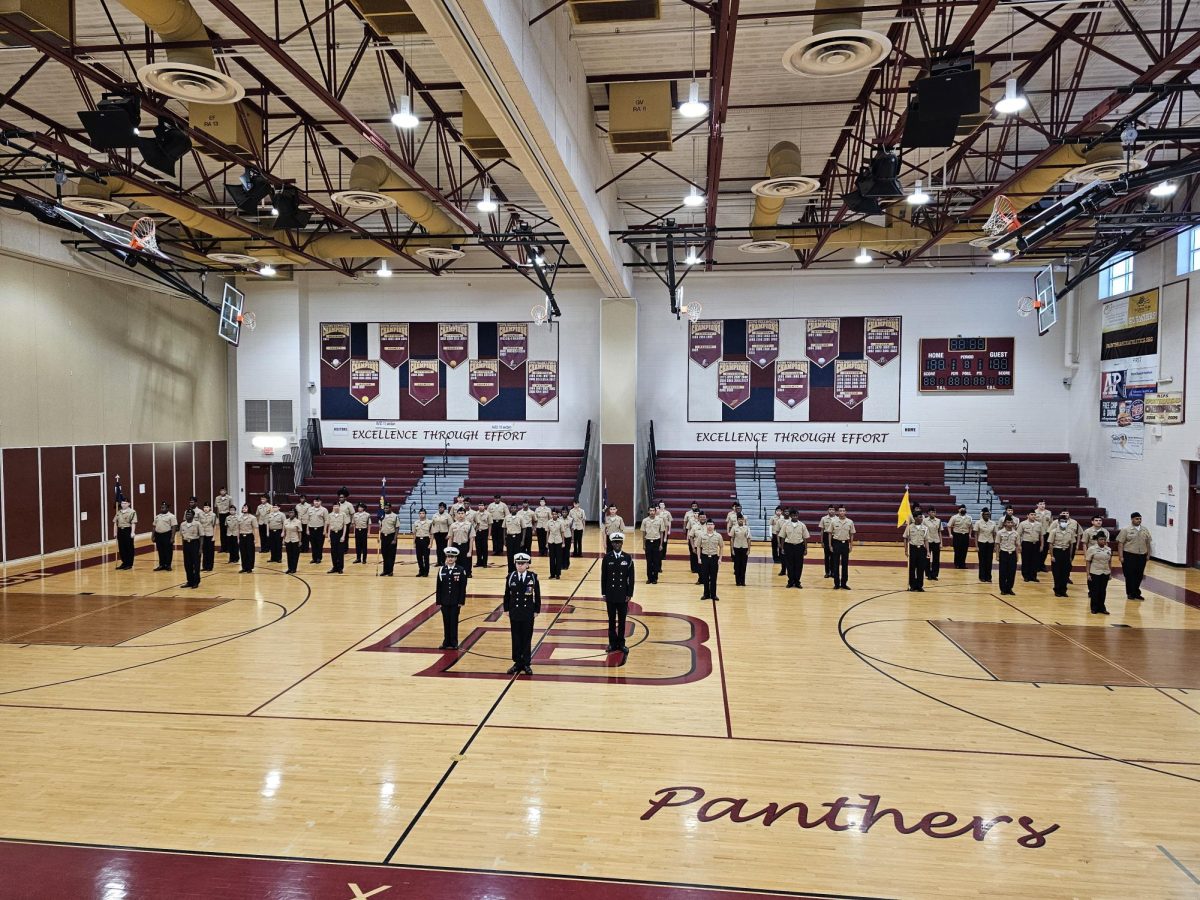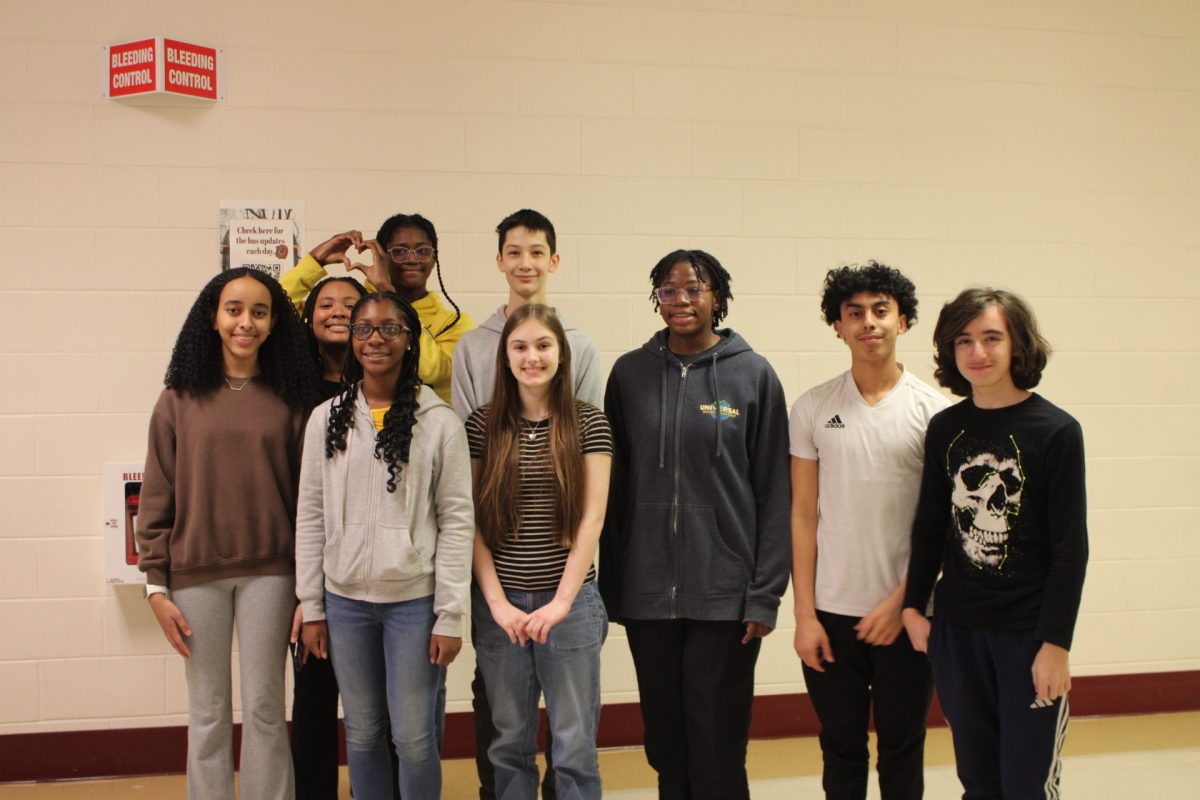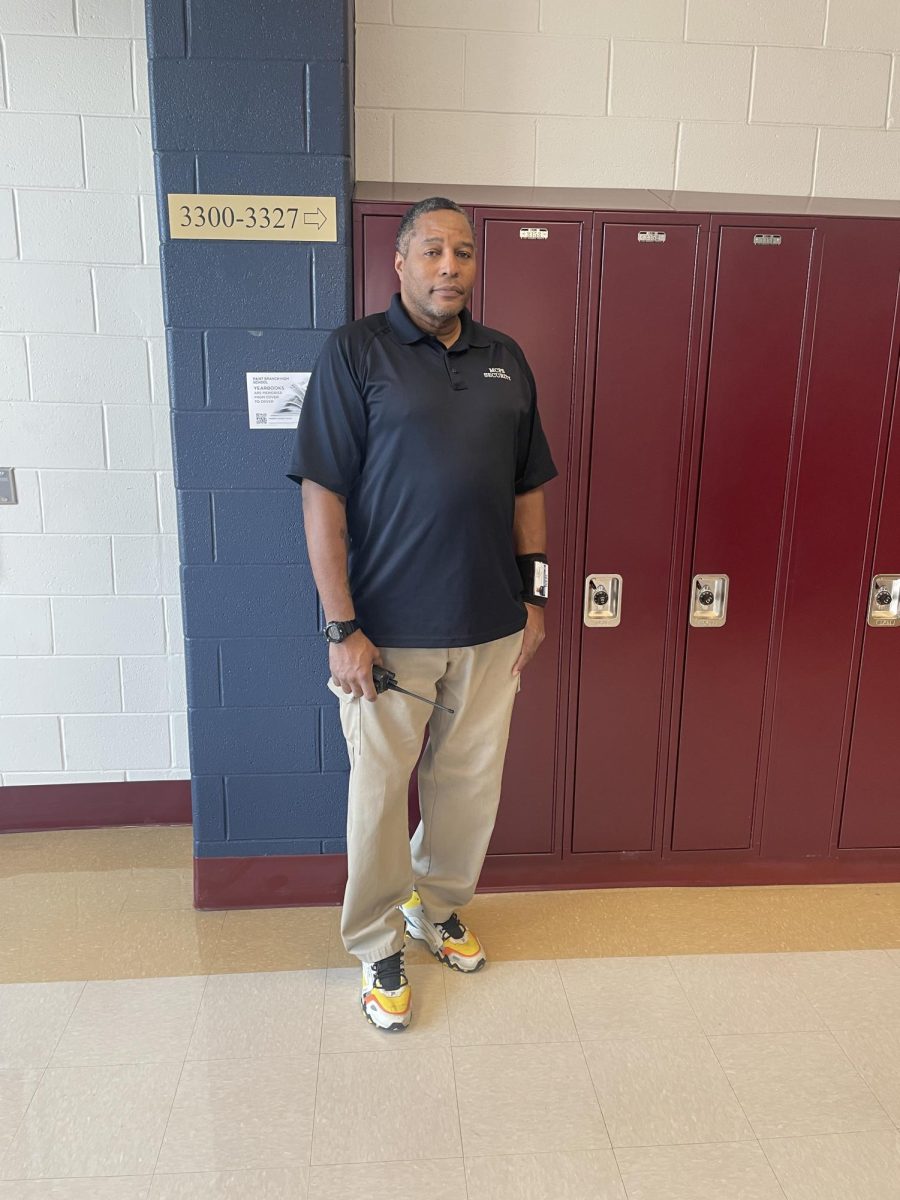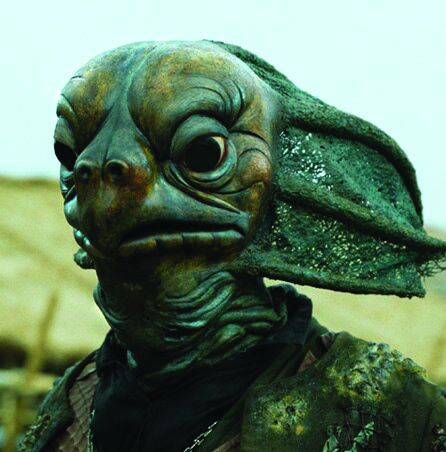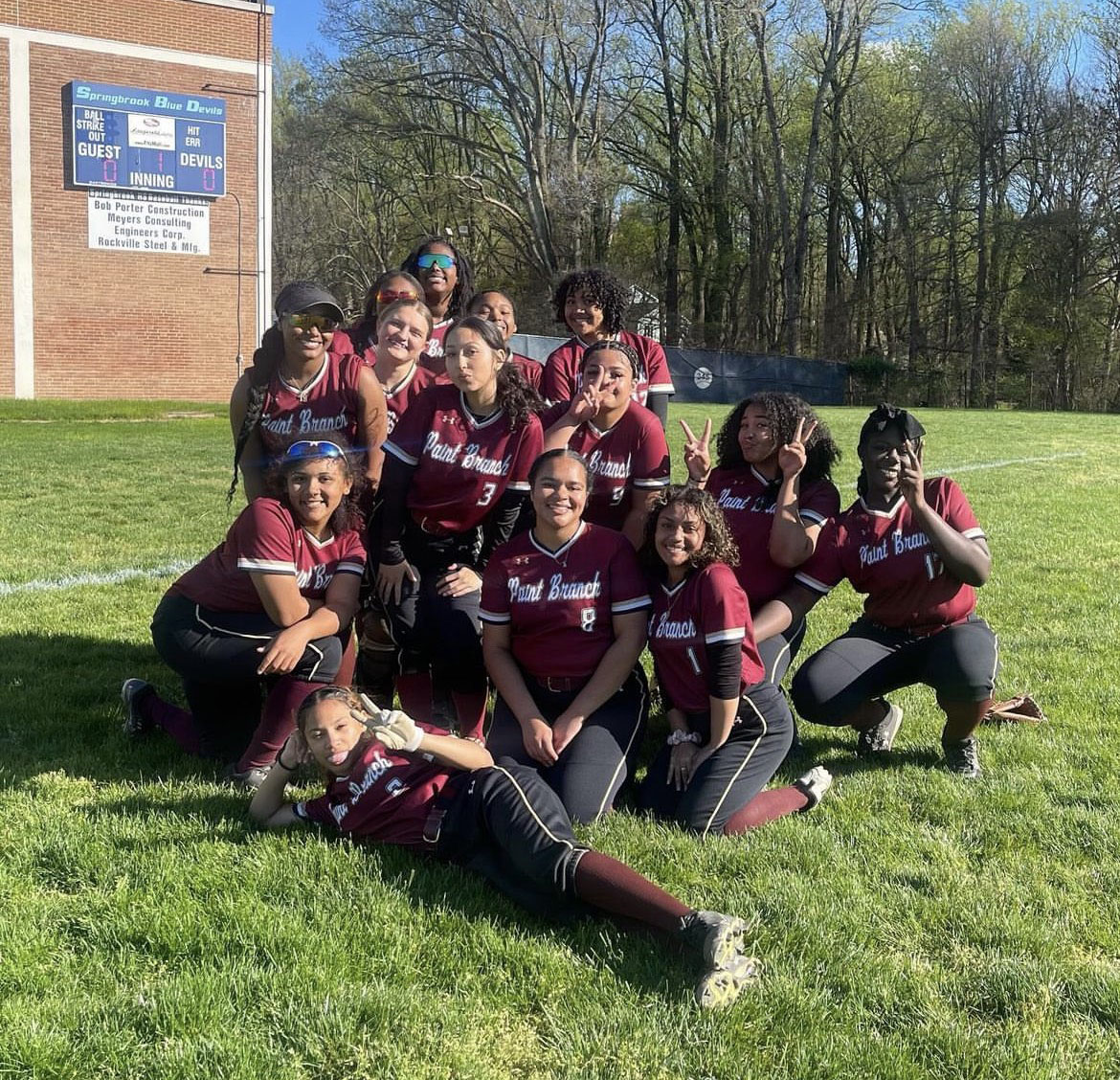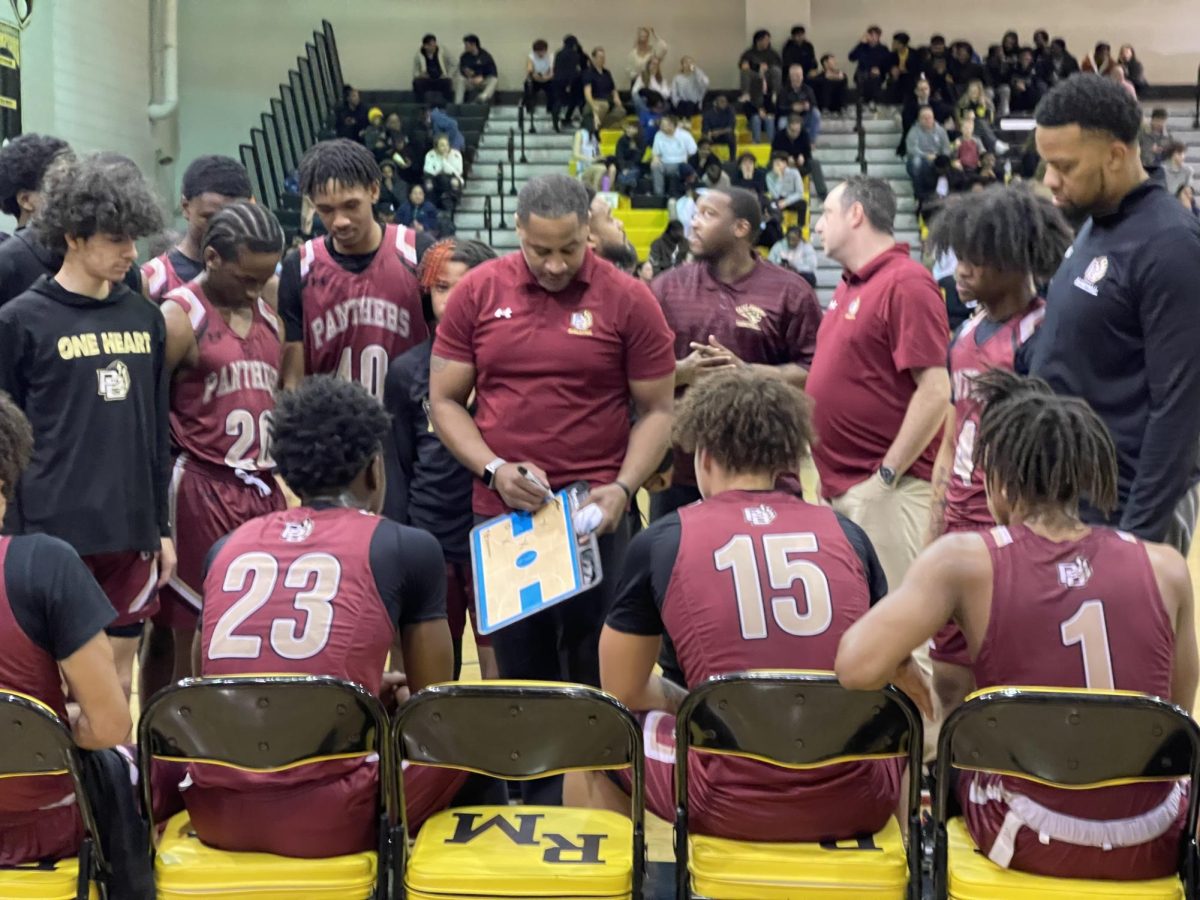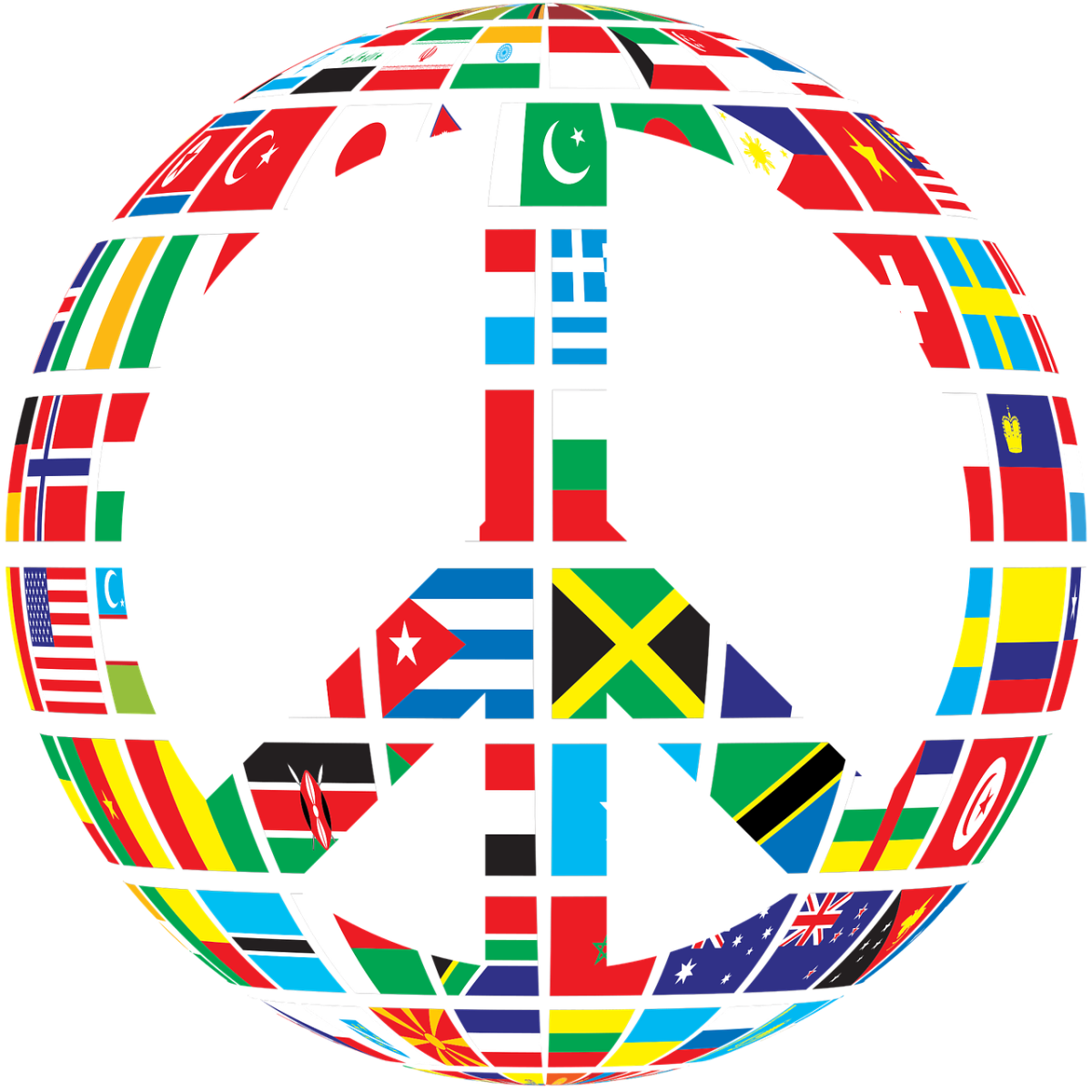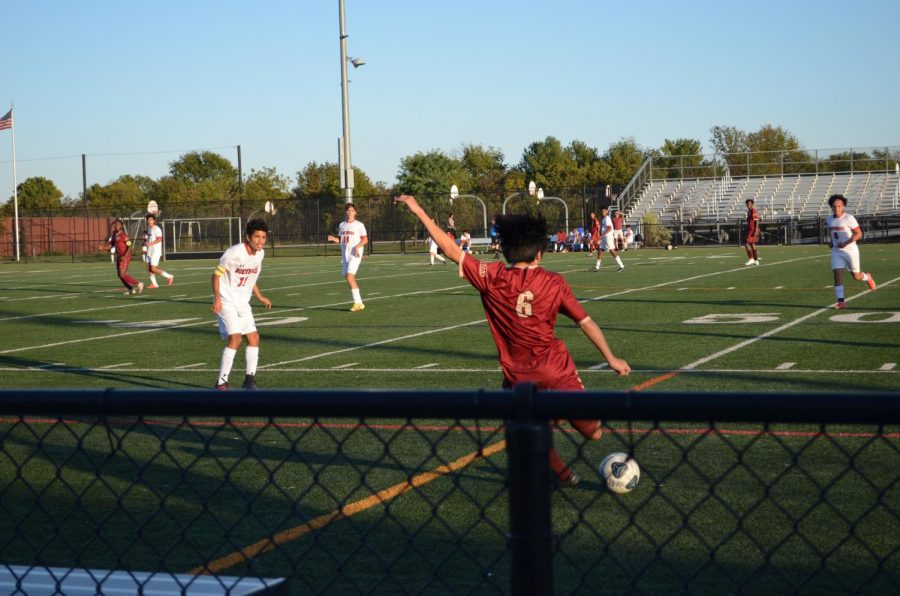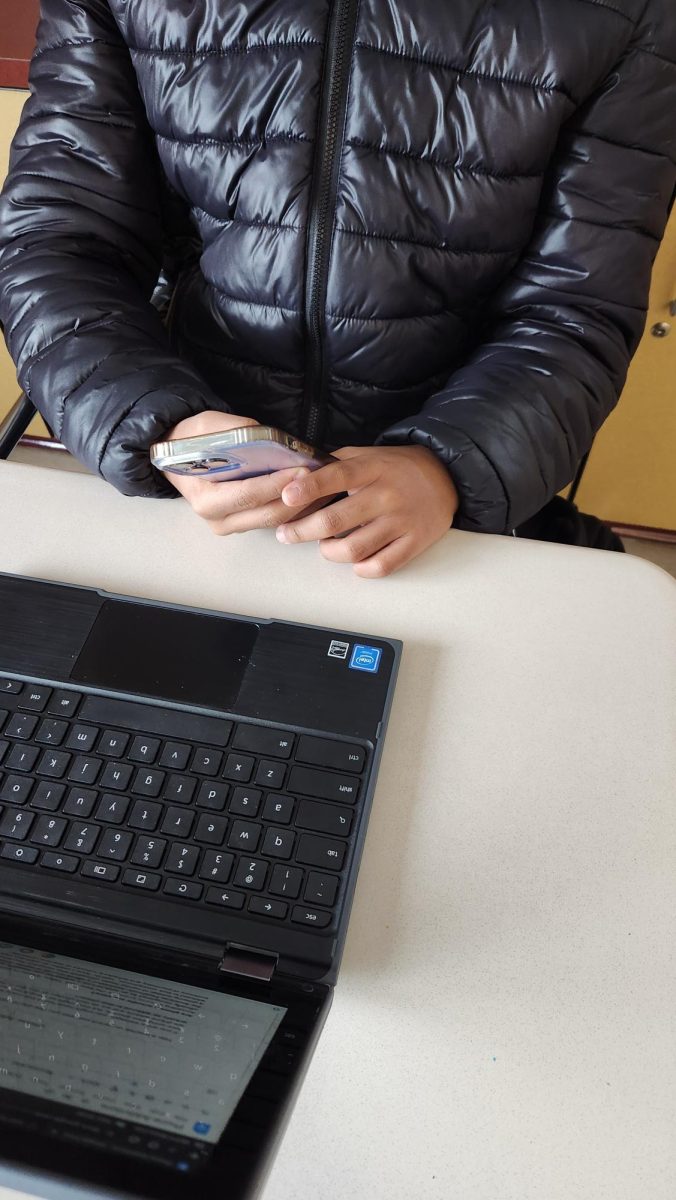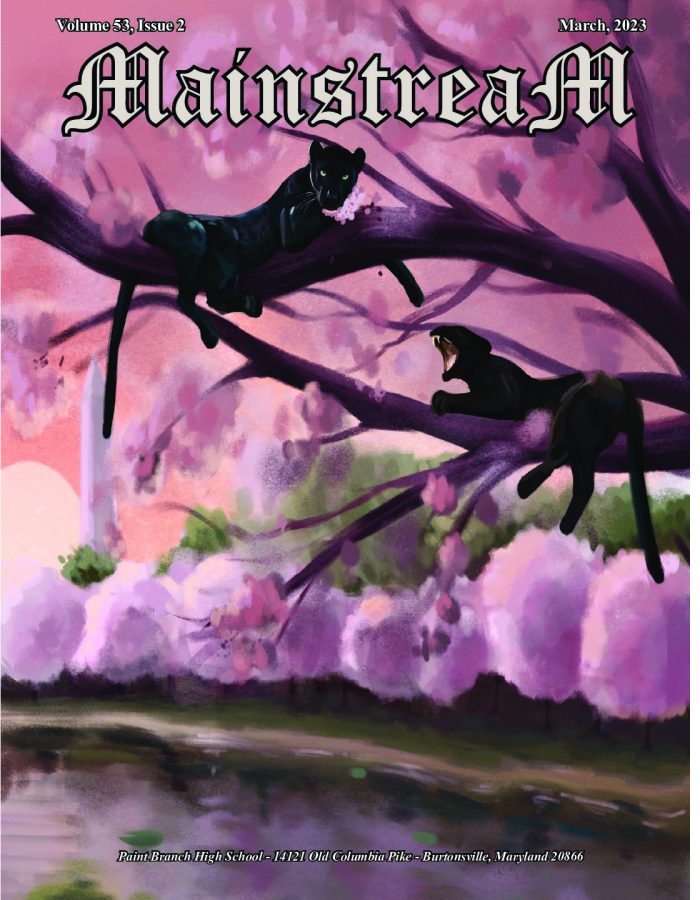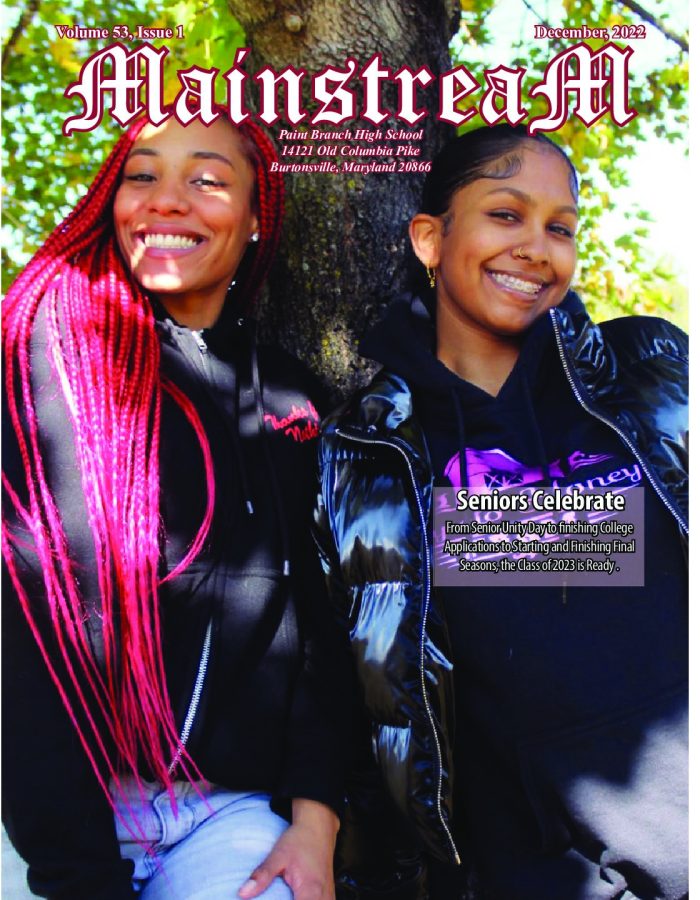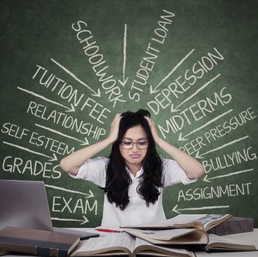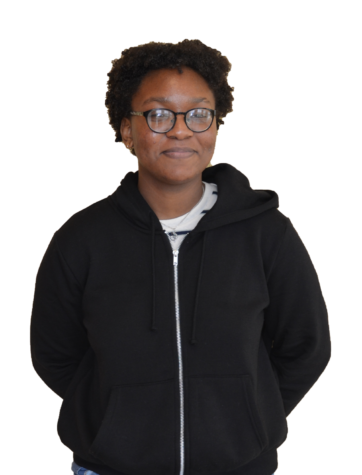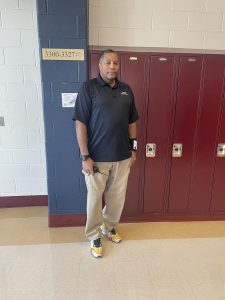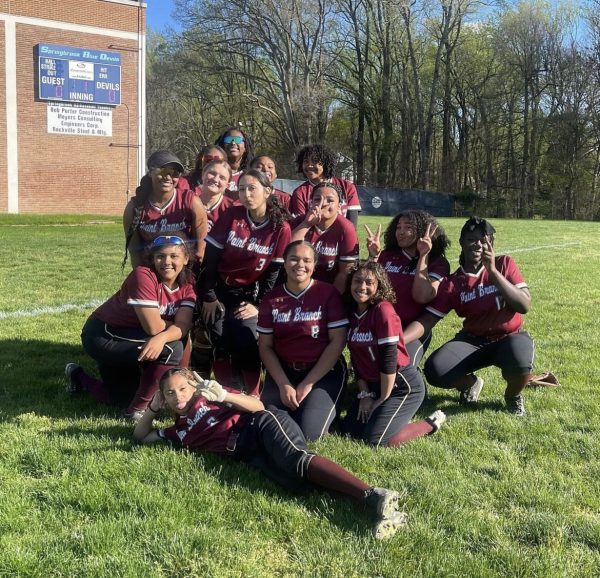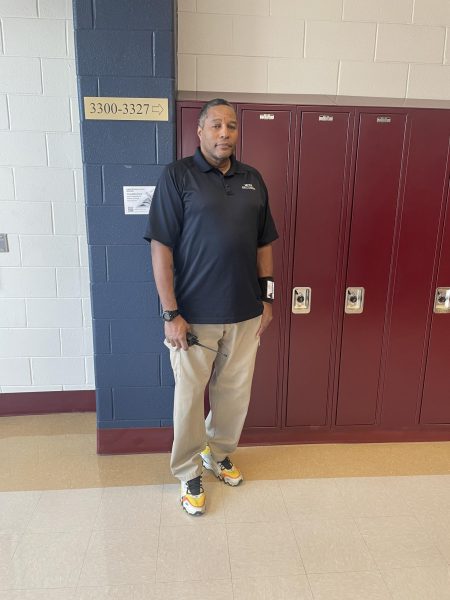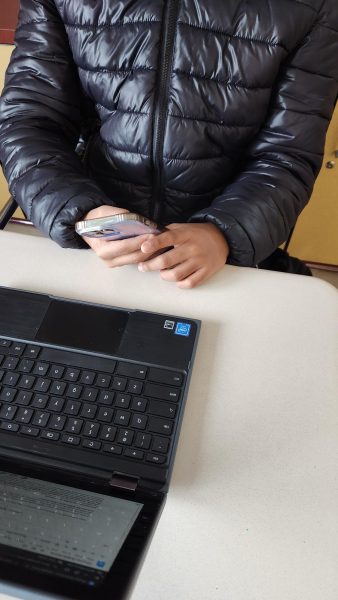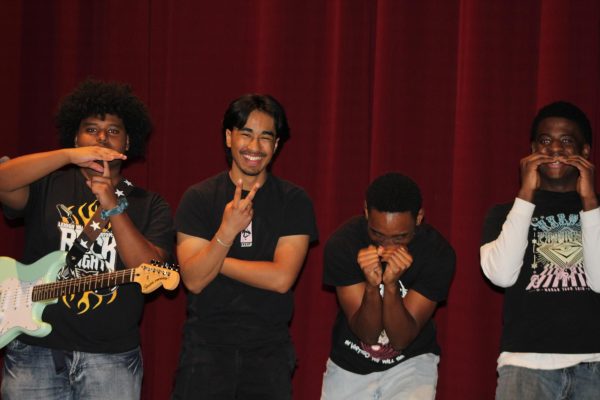African American History Should Be a Required Course
October 24, 2019
As kids we were taught pieces of our history. We were given facts here and there about what it meant to be Black in America back then. The first thing that we learned about was slavery. We learned about Jim Crow, and Martin Luther King, Jr. We learned about Rosa Parks taking a seat, and Harriet Tubman freeing slaves. We were given a glimpse into 400 years of chains and abuse, and then a quick look at the aftermath.
Yet there are still many things about African American history that we don’t know.
Black History, While extensive, has never been a focal point in the United States until individuals stood up and made it happen. Negro History week was created in 1926 by Dr. Carter G. Woodson, according to the National Museum of African American Culture. At this time, the rise of the Harlem Renaissance was beginning and artists such as Langston Hughes, Georgia Douglass Johnson, and writers like WEB Du Bois were flourishing. Amidst a burst of artistic, creative, and controversial art forms, was this special week. This week was dedicated to teaching about the struggles of African Americans and to celebrate. Black history month was created soon after that and has continued. However, despite this, too many heroic Black figures, innovators, scientists, and artists are being forgotten. Not teaching about these important figures and their contributions is detrimental towards our growth in America today.
As young kids growing up in today’s society, we need to know these people. Slavery ended in 1865, and Segregation ended in 1954. Our lessons end with that. In our English classes we rarely read books written by Black people.
In science class we never learn about Black scientists such as Mae Carol Jeminson, the first Black Woman to travel in space, and Katherine Johnson, whose major aeronautics contributions helped us get to the moon.
We need to teach about these people and their contributions just like we learn about Martin Luther King Jr. and Frederick Douglass. We need to know more about the Harlem Renaissance not only as a literary and artistic period, but as a huge influence in the civil rights movement. Teach about the Black Panther Party, a political organization designed in 1966 to fight police brutality in connection with our world today and police violence. There are still Black Panthers alive today and we need to hear from them. There is a hallway in this school named after the African American author Toni Morrison, yet many students do not know who she is.
By not teaching about Black history and important Black Americans, we are telling young people that the era has ended, and that the past is in the past. This subject is far too endless to be contained within a couple of units in a history class or English class. The impact that Black history has had on every aspect of the world is unlimited , and it’s important for every student to understand it. We’re required to take US History, World History, and study our National, State, and Local governments (NSL), and now it is time to require every student to take Black History as a designed course.
We aren’t teaching kids what to be, or how to think, we are giving them a heads up. We’re giving them a look into their background, and boosting them towards the future. We’ll teach the real truth about our history, and give lessons that aren’t stained with blood. If we don’t teach kids that they can be more than slaves, then they’ll grow up thinking that they’re chained. That, as learners and teachers, is something we cannot stand for.

